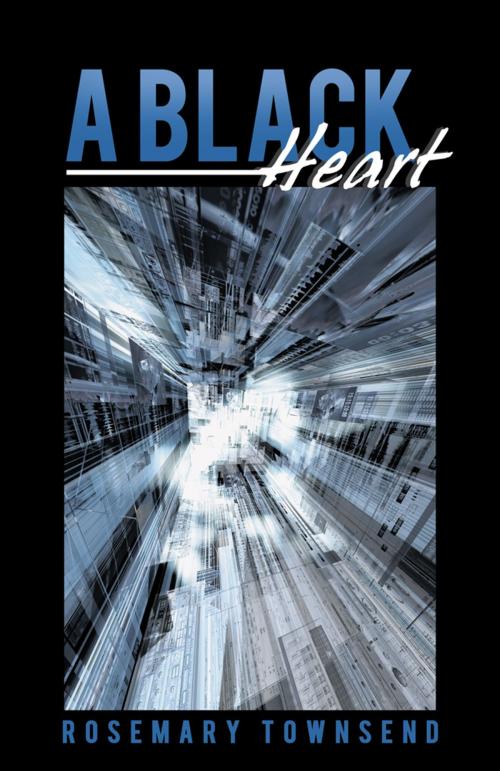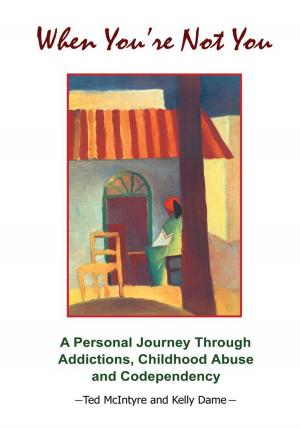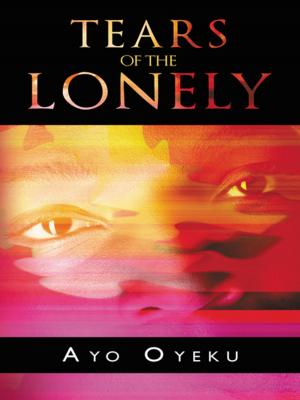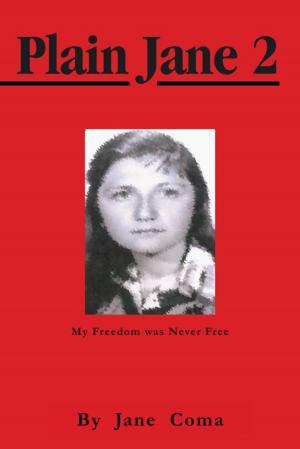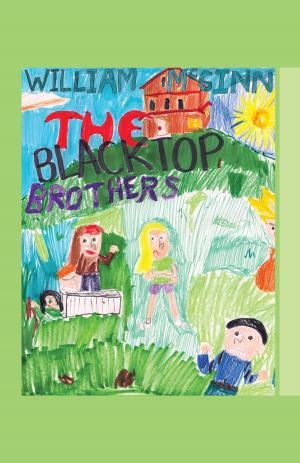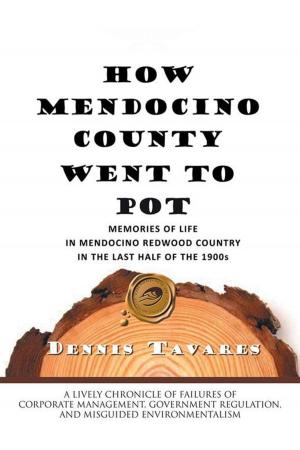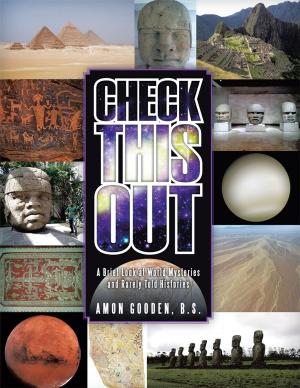| Author: | Rosemary Townsend | ISBN: | 9781466954465 |
| Publisher: | Trafford Publishing | Publication: | September 4, 2012 |
| Imprint: | Trafford Publishing | Language: | English |
| Author: | Rosemary Townsend |
| ISBN: | 9781466954465 |
| Publisher: | Trafford Publishing |
| Publication: | September 4, 2012 |
| Imprint: | Trafford Publishing |
| Language: | English |
A Black Heart tells the gripping story of a young girls development from childhood into womanhood. The book opens with the traumatic loss of the heroine Miriams father, which leaves her at the mercy of an emotionally unstable mother. As Miriam grows older, she grapples with questions of sexuality and spirituality and the tension between them. She struggles to reconcile her practice with her Christian beliefs. The novel is set in apartheid South Africa when racism and oppression were at their height. Not only does this intensify the conflict between mother and daughter, it also creates new problems for the heroine. As the title suggests, Miriam with her white background relates differently from most of her peers to her colleagues and students across the colour line. While her choices have far-reaching and potentially devastating consequences, ultimately she triumphs when she holds firm to her own convictions. Told in Miriams voice, this novel is a compelling and sensitive portrayal of a womans coming of age, particularly in terms of her own sexuality and her growing awareness of social injustices. Despair gives way to hope as the political climate changes, and Miriams own circumstances give rise to a new beginning. A quintessentially South African novel Russell Kaschula, professor of African languages Rhodes University, South Africa
A Black Heart tells the gripping story of a young girls development from childhood into womanhood. The book opens with the traumatic loss of the heroine Miriams father, which leaves her at the mercy of an emotionally unstable mother. As Miriam grows older, she grapples with questions of sexuality and spirituality and the tension between them. She struggles to reconcile her practice with her Christian beliefs. The novel is set in apartheid South Africa when racism and oppression were at their height. Not only does this intensify the conflict between mother and daughter, it also creates new problems for the heroine. As the title suggests, Miriam with her white background relates differently from most of her peers to her colleagues and students across the colour line. While her choices have far-reaching and potentially devastating consequences, ultimately she triumphs when she holds firm to her own convictions. Told in Miriams voice, this novel is a compelling and sensitive portrayal of a womans coming of age, particularly in terms of her own sexuality and her growing awareness of social injustices. Despair gives way to hope as the political climate changes, and Miriams own circumstances give rise to a new beginning. A quintessentially South African novel Russell Kaschula, professor of African languages Rhodes University, South Africa
